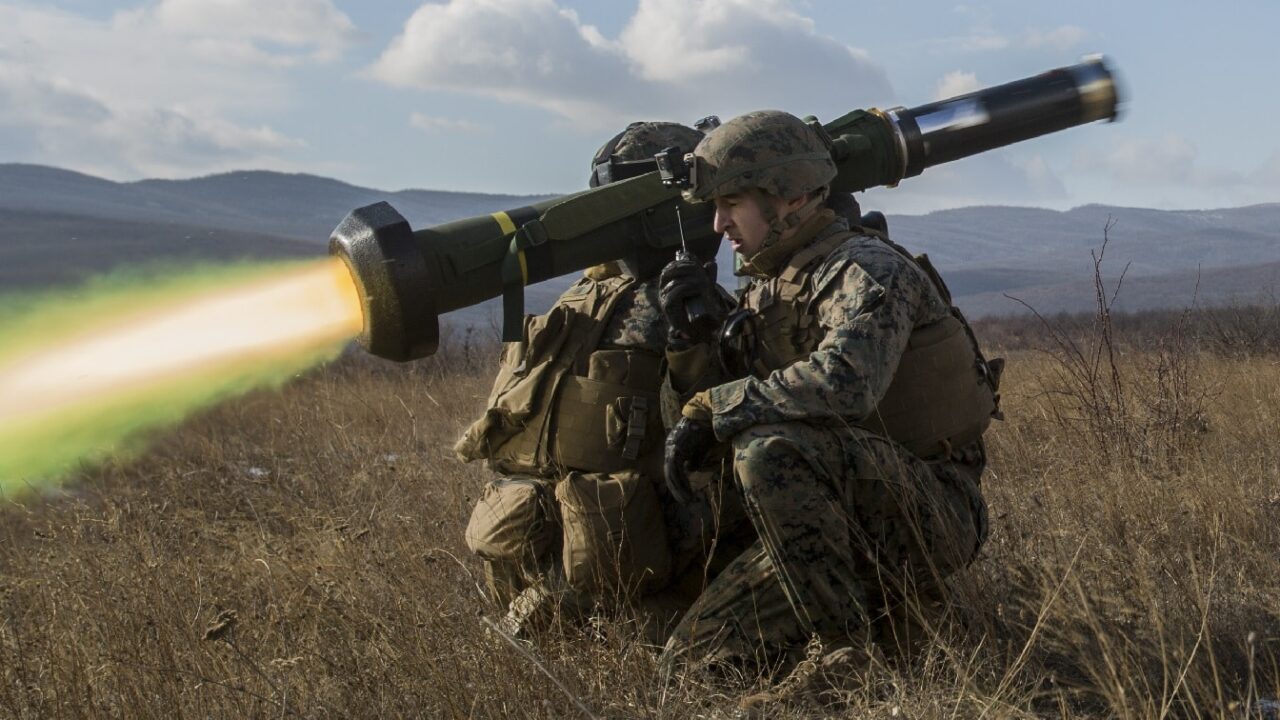NATO Revises Russian Death Figures – NATO revised its estimate of the number of Russian soldiers who have died during the conflict in Ukraine since February 24 on Wednesday, suggesting that anywhere between 7,000 and 15,000 soldiers have been killed.
The number is significant not just because multiple reports have suggested that Russia is quickly running out of ammunition, food, water, and troops, but because the country lost around 15,000 troops in Afghanistan over a period of ten years. The United States also lost 2,400 soldiers in Afghanistan in 20 years. To experience the same loss of life in just four weeks indicates that the Russian invasion of Ukraine has become completely unsustainable.
According to a senior NATO military official, the official estimate was based on information provided by the Ukrainian authorities. The source said that Russia’s official figures were also included n the estimate, and information was obtained from open sources.
When the invasion of Ukraine began, many expected – including Russian President Vladimir Putin – that the invasion would be swift and successful. Four weeks later, however, and Russia is relying on tens of thousands of volunteer fighters from the Middle East, failed to obtain military support from the Chinese military, and is reportedly working with Belarus to officially engage the nation’s military in the conflict.
How Many Ukrainians Have Died?
It’s hard to know how many Ukrainian civilians and soldiers have been killed so far. Organizations that would usually compile this data have been unable to access many regions across Ukraine, particularly the inner cities, making it difficult to provide good estimates.
According to the United Nations’ human rights office, more than 840 civilians have died in Ukraine since February 24. The same office, however, admitted that a lack of data means that it is likely that the true figure is “considerably higher.”
According to the Mayor of Mariupol, a southern Ukrainian port city that has been almost entirely destroyed by the Russians, as many as 20,000 Ukrainians may have been killed by the Russians so far.
The latest official figure on Ukrainian soldier deaths was given by the Ukrainian government on March 13, with an estimated 1,300 soldiers deceased. On March 2, however, the Russian government claimed that over 2,870 soldiers have been killed.
Jack Buckby is a British author, counter-extremism researcher, and journalist based in New York. Reporting on the U.K., Europe, and the U.S., he works to analyze and understand left-wing and right-wing radicalization, and reports on Western governments’ approaches to the pressing issues of today. His books and research papers explore these themes and propose pragmatic solutions to our increasingly polarized society.

